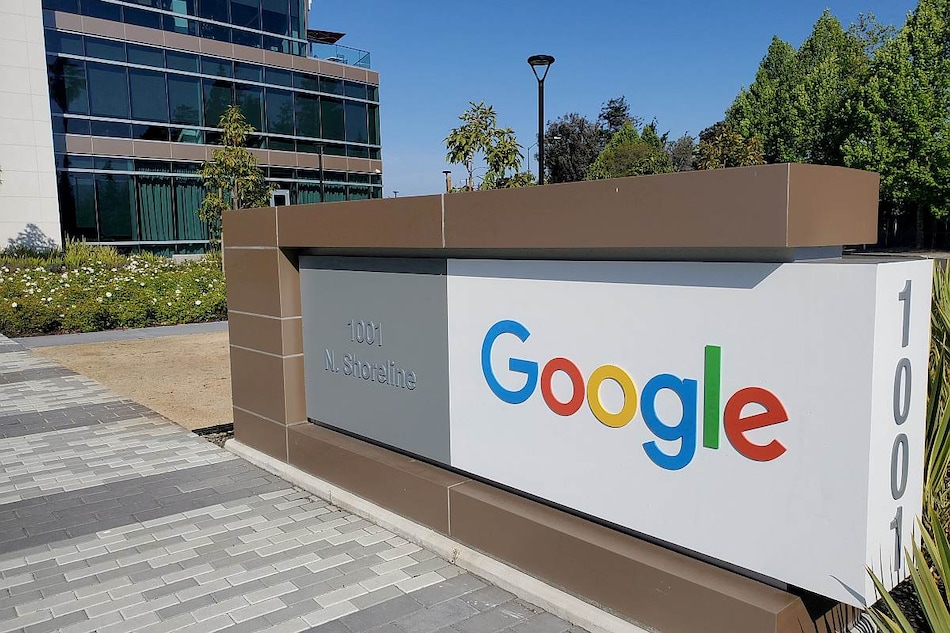Judge Rejects Class Action for Google Privacy Lawsuit
Google won one. A U.S. judge just slammed the door upon the class-action status of a lawsuit that alleged the tech giant secretly siphoned personal data from Chrome users who had taken the special effort of not syncing their browsers with Google accounts. In simple words, users, who thought they were browsing out of incognito mode, will not get the day in court as a “class.”
Finally, a win for Google in the privacy war! A California judge has ruled that a complaint may be sustained only if “individual Chrome users” can prove that they lacked “actual knowledge” of, or did not consent to, data collection by Google through their use of the Chrome interface. This sets a rather high hurdle for millions who will be asked to prove their understanding whether positive or negative of Google’s policies. This battle has thus shifted to the parameters of the ongoing discussion on online privacy and data practices of tech giants.
“Inquiries relating to Google’s implied consent defense will overwhelm the damages claims for all causes of action,” Rogers wrote.
A loud smack from the gavel extinguished any lingering hope of the Chrome user class-action. The judge dismissed the class-action claims for damages and locked the door to any attempt to revive the suit. Next came a decision designed to prevent Chrome users from acting in concert to cause any policy change.
Straite, for the plaintiffs, gave no comment on Tuesday. Google’s vice-president of Litigation, Sandi Knight, expressed satisfaction with the ruling. “We appreciate the court’s decision,” she said, adding that “Chrome Sync contains clear privacy controls” for the user.
Class actions let plaintiffs seek potentially greater recoveries at lower cost than they could in individual lawsuits.
Last August, the San Francisco federal appeals court exploded the bomb on data privacy: really, did Chrome users agree to have their every online move tracked by Google? Now another decision depends on answering that, thereby bringing more attention to the fine type and the TechEsthetics we make about online consent.
Chrome was meant to be a promise for users,, a secret identity for people who’d browse without doling out personal information. The catch? Google would keep its promise only as long as “sync” was kept off. Enabling it was like flipping a switch and suddenly lighting up the data pipeline all the way to Google HQ.
In December 2022, Judge Rogers ultimately threw out the case. While she juggles two other privacy battles with Google, she held the other claims “significantly” different.
Imagine a digital cloak of invisibility, Chrome’s “Incognito” mode, promising private browsing. Google, however, was accused of peeking beneath this cloak, tracking users despite their privacy settings. The result? A legal firestorm that ended with Google agreeing to obliterate billions of data records – a virtual bonfire of digital secrets ignited by claims of privacy betrayed.
The case is Calhoun et al v Google LLC, 9th US Circuit Court of Appeals, No. 22-16993.
© Thomson Reuters 2025
(This story has not been edited by NDTV staff and is auto-generated from a syndicated feed.)
Thanks for reading Judge Rejects Class Action for Google Privacy Lawsuit
